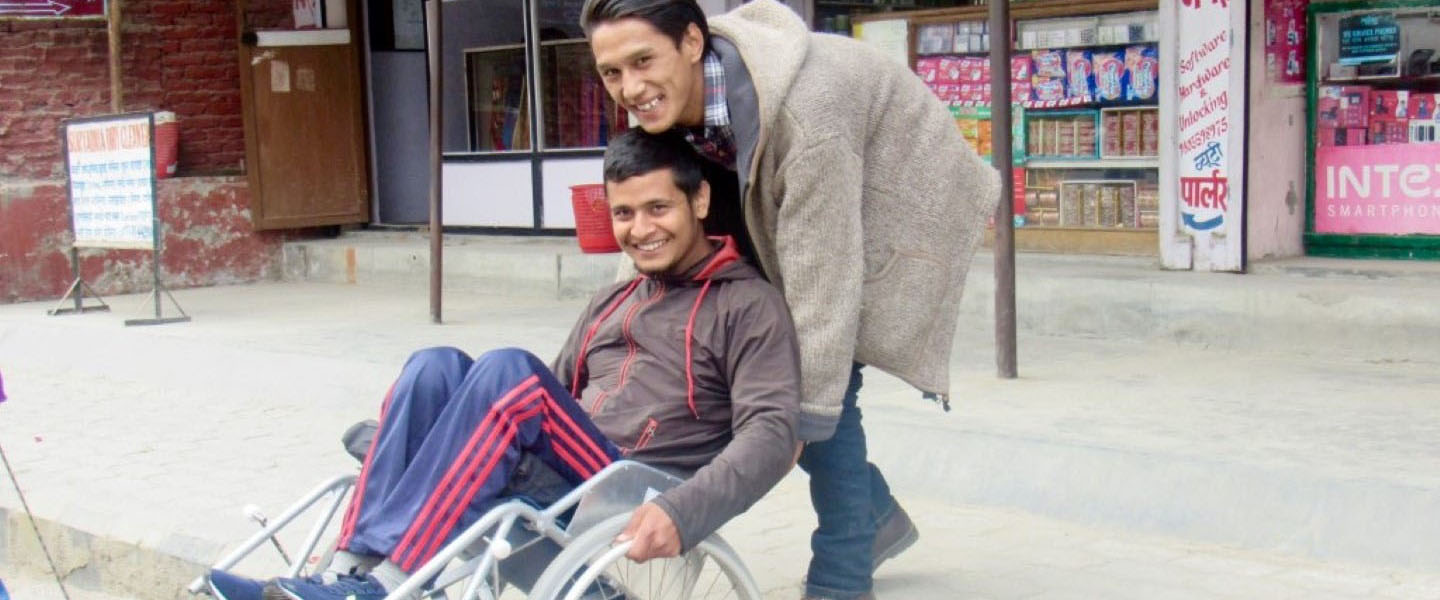Philosophy of Independent Living

The philosophy of independent living is an alternative approach to the traditional medical rehabilitation service delivery model. It promotes and encourages an attitude of self-direction, so that people with disabilities may be able to negotiate and access the community services and resources they require in order to participate as equal citizens. The independent living philosophy recognizes the rights of individual with disabilities to assume risks and to make choices- it puts all decision-making into their hands. Through these rights and responsibilities each person is given the opportunity to maintain their self-respect.
According to the traditional medical model, medical professionals are the experts when it comes to disability. Medical professionals are known to view people with disabilities as weak, uninformed people who are unable to take control of their own lives, and therefore they feel it is their duty to take charge on their behalf.
In contrast, the Independent Living philosophy recognizes that people with disabilities can, and do, take action. The independent living movement supports self-empowerment and self-help, leading to social and political power for persons with disabilities. The independent living movement has prospered because it encourages and enables people with disabilities to fully participate in society. It fits well with all social and political beliefs of inclusion and human rights, and helps to remove social and environmental obstacles such as stigma, lack of access to education, chronic poverty and unemployment/under-employment.
Economically, the independent living model provides opportunities that enable people with disabilities to make choices, self-manage, gather skills and therefore reduce dependency on government support. Furthermore, they themselves become able to contribute economically, socially, politically, spiritually and culturally to society.
